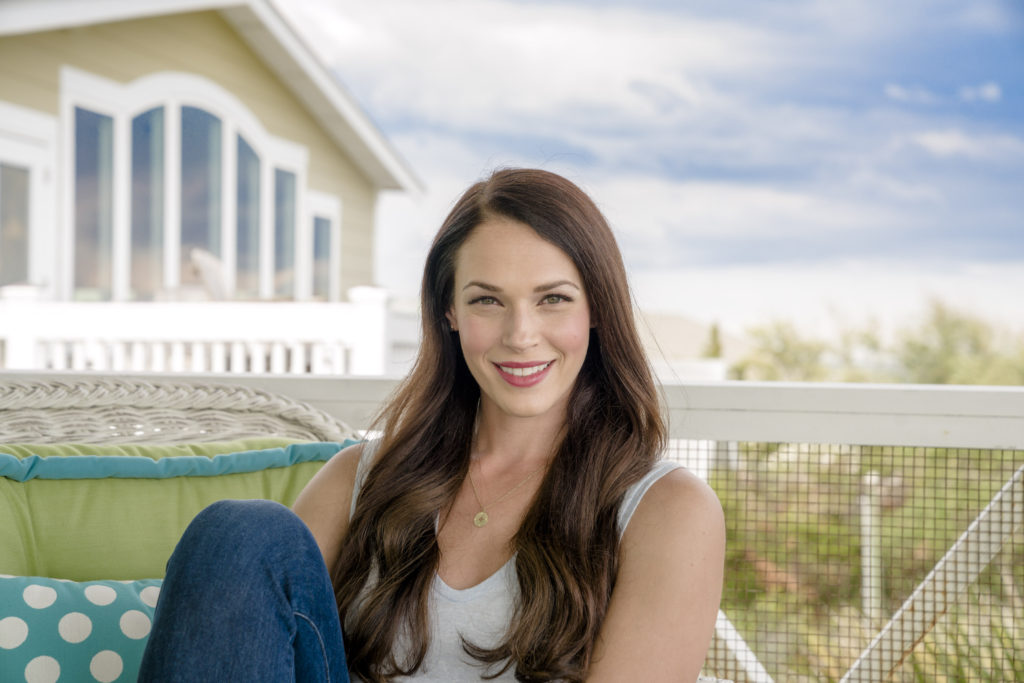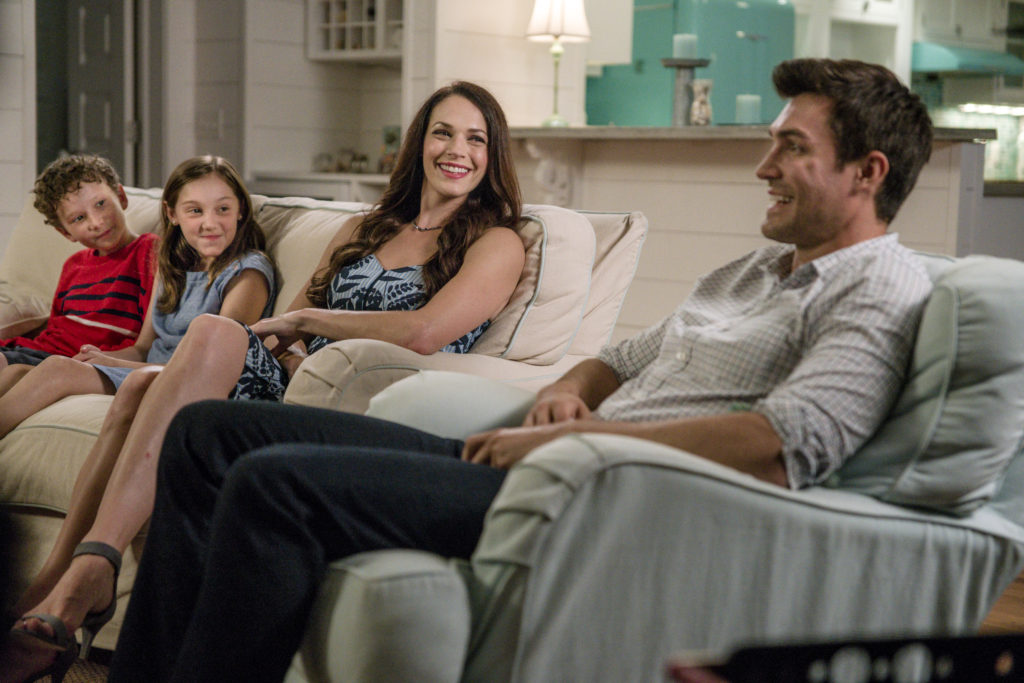
With the release of the new film “Desolate” now upon us, we’re taking an extended look at the post-apocalyptic drama by sitting down with those who gave it life. First up we’re chatting with star Will Brittain, who plays Billy Stone, to discuss playing cops and robbers as an adult, revisiting a project months after calling wrap, and what kind of story he’d like to tell if given the keys to the Hollywood investment castle.
TrunkSpace: When you’re starring in a post-apocalyptic action movie like “Desolate,” is there a fantasy fulfillment aspect to it that calls back to your younger self? What would 12-year-old Will think about his future self starring in a film like this?
Brittain: Absolutely. It’s Cops and Robbers on a much larger scale. He’d think it was awesome.
TrunkSpace: The great thing about independent film is that it seems like one of the last places to find a steady flow of original content. As an actor, is that part of the draw in working on a film like “Desolate” and independent cinema in general?
Brittain: Totally. It’s an opportunity to collaborate on some really amazing new stuff.
TrunkSpace: On the production side of things, getting an independent film made can be an adventure in and of itself. When you’re making a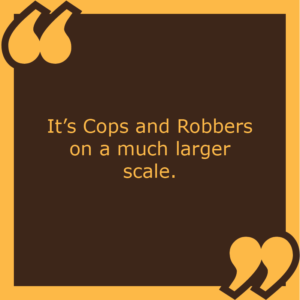 film like “Desolate” in this setting, can those schedule and budgetary restraints impact performance, and if so, how do you keep the stuff happening behind the scenes trickle into what you’re doing on-camera?
film like “Desolate” in this setting, can those schedule and budgetary restraints impact performance, and if so, how do you keep the stuff happening behind the scenes trickle into what you’re doing on-camera?
Brittain: It hasn’t really impacted performance, in my experience. It’s more just a group of people trying to build this puzzle together with limited resources – it makes the going a bit tougher but that’s part of the fun, I think.
TrunkSpace: For the viewer, the most memorable aspect of a project is the end result, but we’d imagine that for those involved it goes much deeper than that. What is something from your time working on “Desolate” that you’ll carry with you through the rest of your life and career?
Brittain: Just getting to film the movie with such a great group of people. We were brothers.
TrunkSpace: You’ve done a number of projects since calling wrap on “Desolate.” Is it odd going back and revisiting a character in a promotional aspect when the film is being released, and does it require having to plug back into the experience internally?
Brittain: Yeah, it’s pretty weird. It’s like looking at an old photo album. There’s some things that strike you with more fondness than you might have anticipated. It’s an emotional experience.
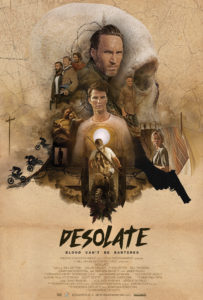 TrunkSpace: If someone came to you tomorrow and said, “Will, here is a blank check… go out and greenlight any project for yourself to star in,” what kind of project would you put into production and why?
TrunkSpace: If someone came to you tomorrow and said, “Will, here is a blank check… go out and greenlight any project for yourself to star in,” what kind of project would you put into production and why?
Brittain: I’d aim to put one of the films I’ve written into production. I’d love to be able to tell some of the stories I’d like to tell. That’s the dream.
TrunkSpace: Creative people, particularly those who seek perfection from themselves, can be very hard on their own work. Where are you hardest on yourself?
Brittain: I’m pretty hard on myself physically. I like to push my limits.
TrunkSpace: What has been the highlight of your career thus far?
Brittain: Forming friendships that last a lifetime.
TrunkSpace: Time machine question. If you could jump ahead 10 years and get a glimpse of what your career looks like a decade from now, would you take that journey? If not, why?
Brittain: Sure. That would be fun.
“Desolate” arrives in select theaters and on VOD today.


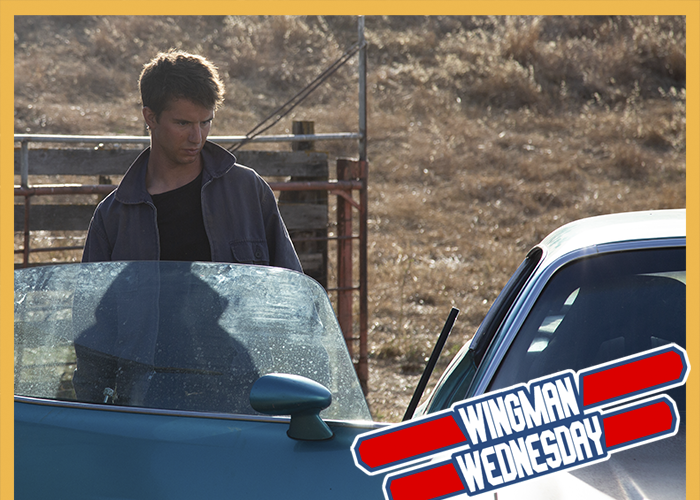
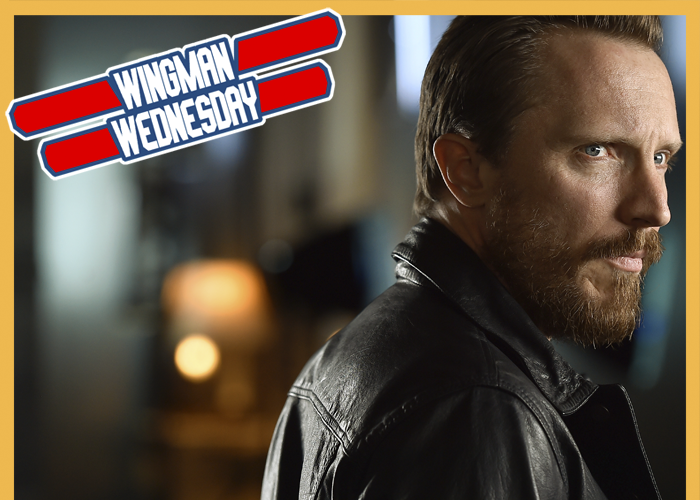
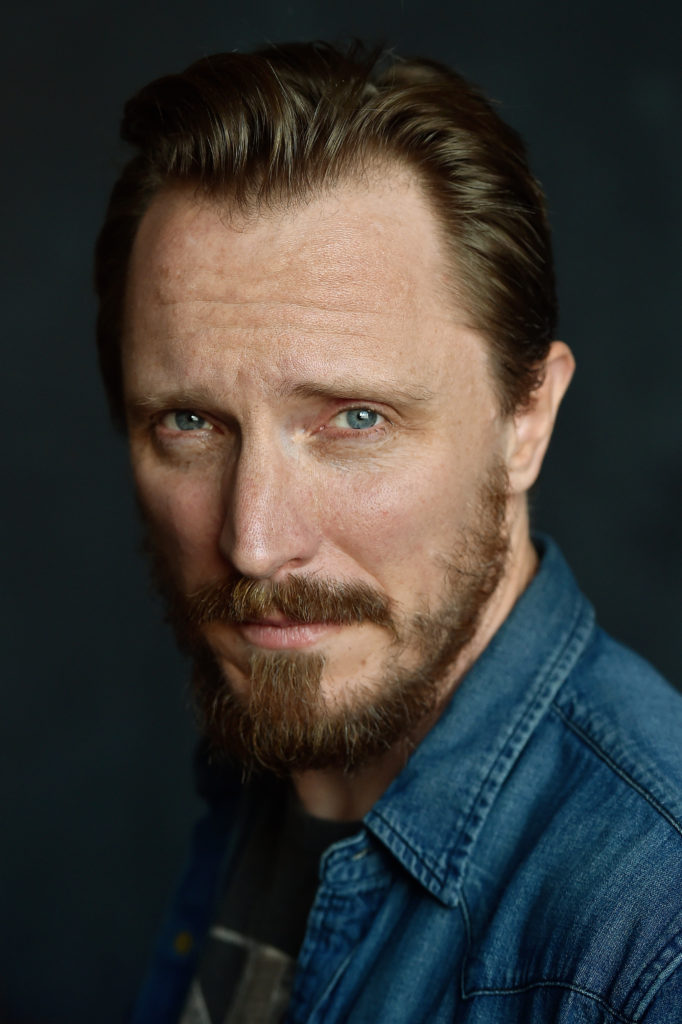

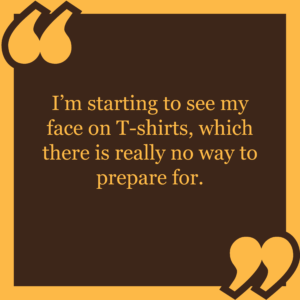 up in that excitement and place your own individual expectations on a project prior to its release? How do you manage that “will it” or “won’t it” when it comes to a series or film finding an audience?
up in that excitement and place your own individual expectations on a project prior to its release? How do you manage that “will it” or “won’t it” when it comes to a series or film finding an audience?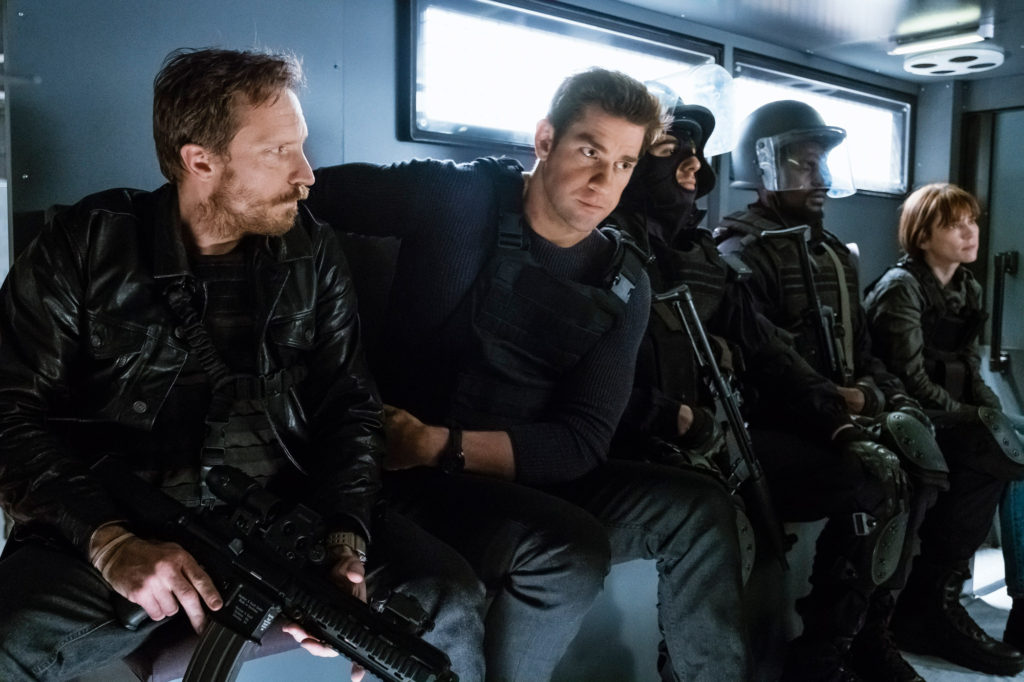
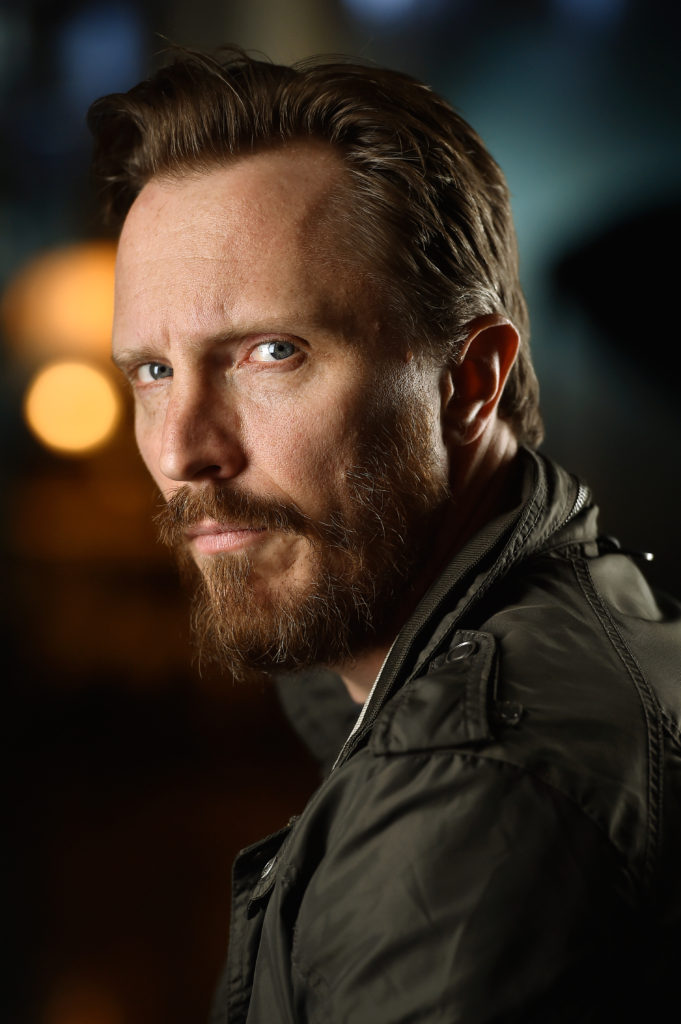
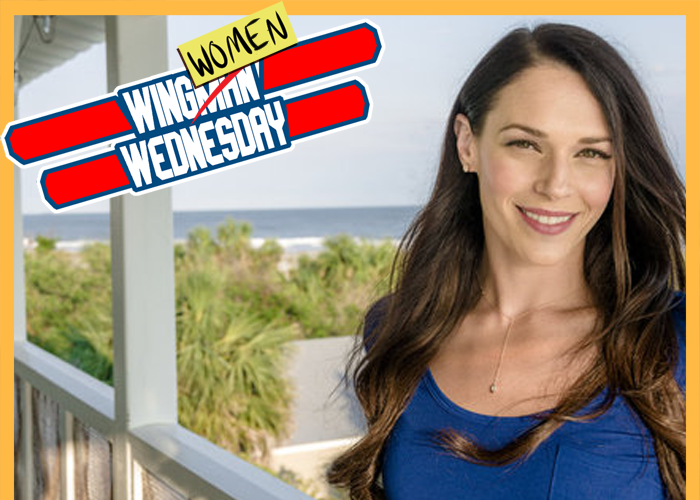

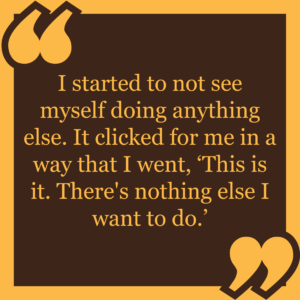 That all gets kind of cracked open. It opens her eyes to a new avenue. There’s something really lovely about that journey, and I think everybody can kind of relate to it.
That all gets kind of cracked open. It opens her eyes to a new avenue. There’s something really lovely about that journey, and I think everybody can kind of relate to it. 